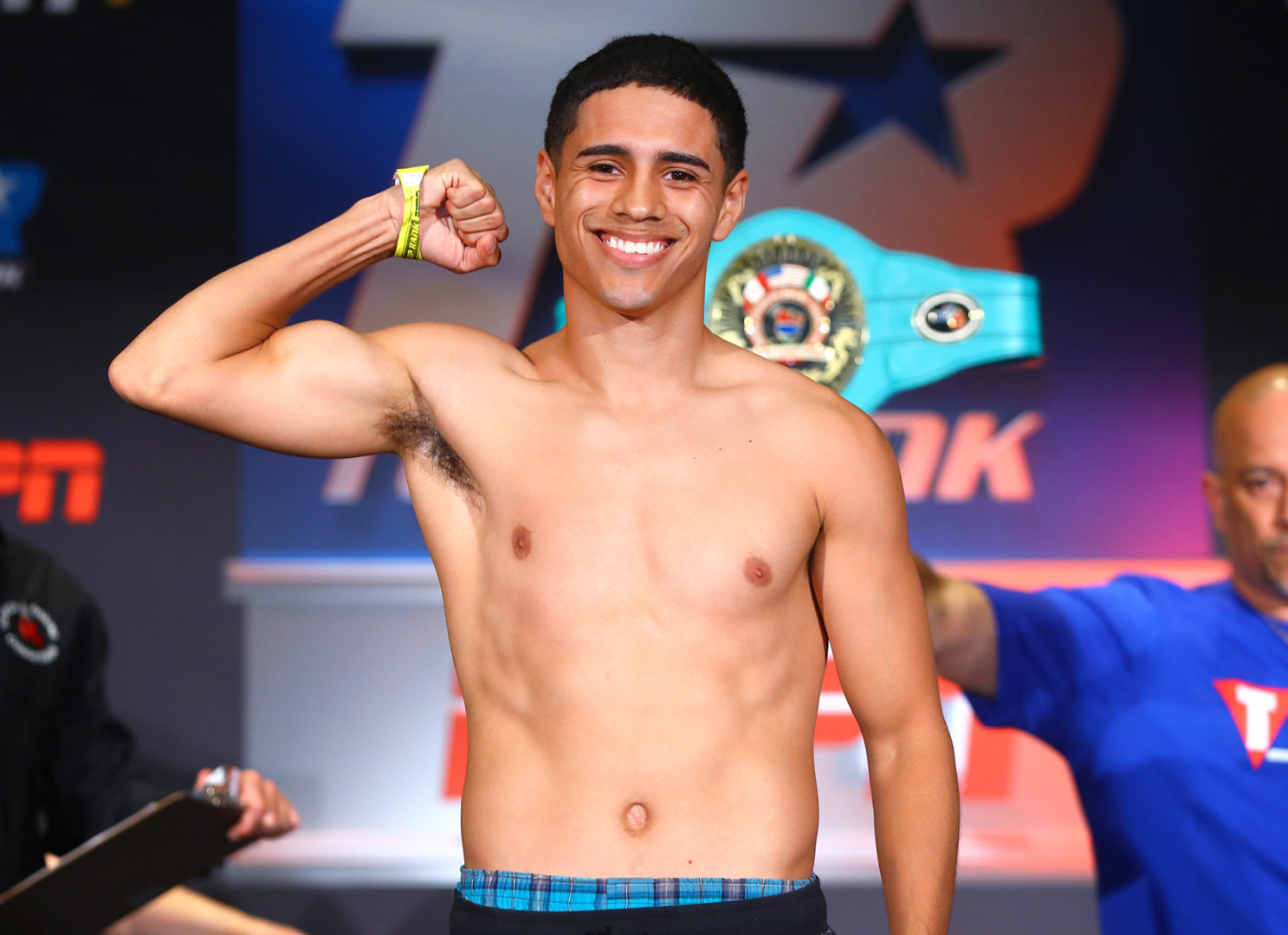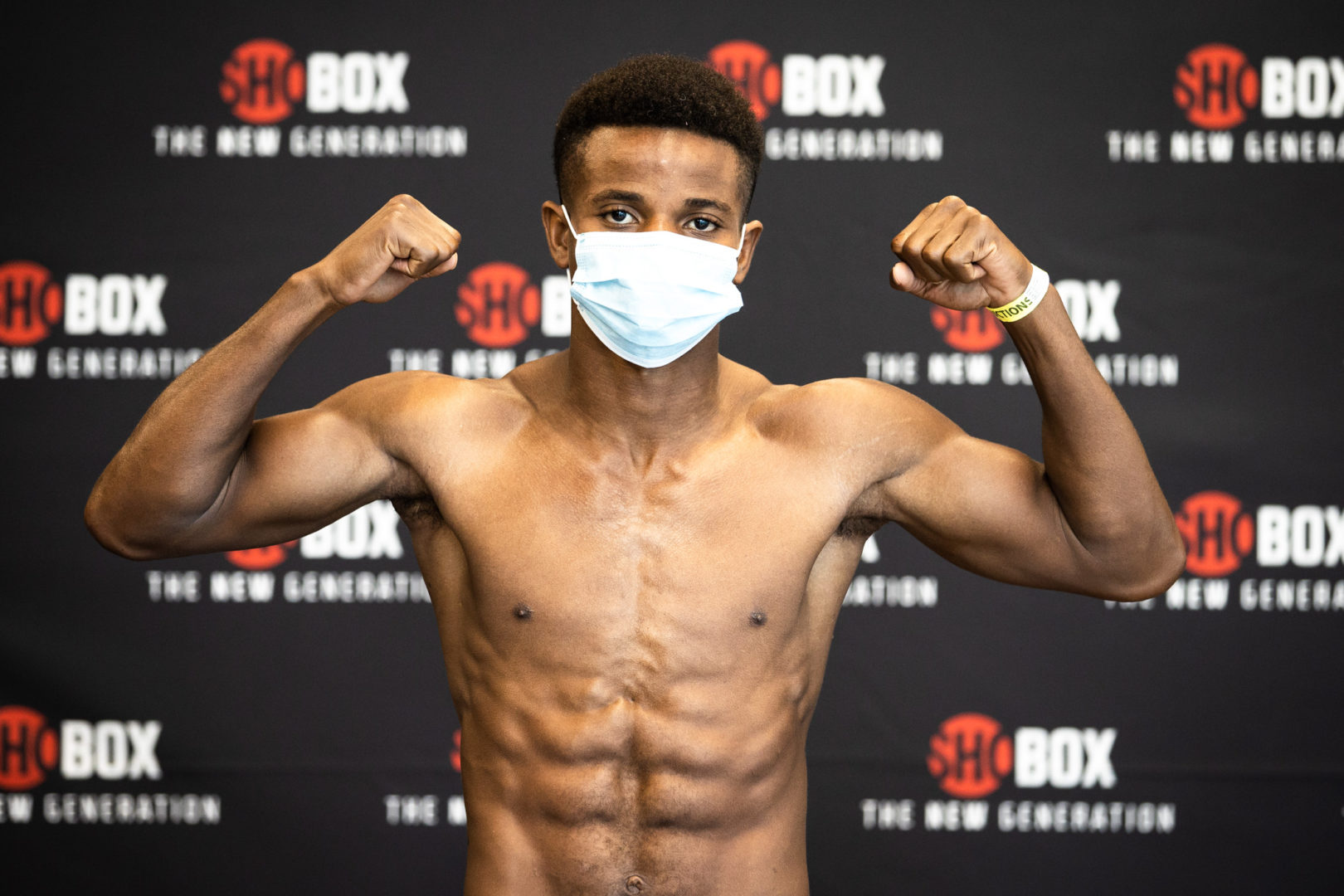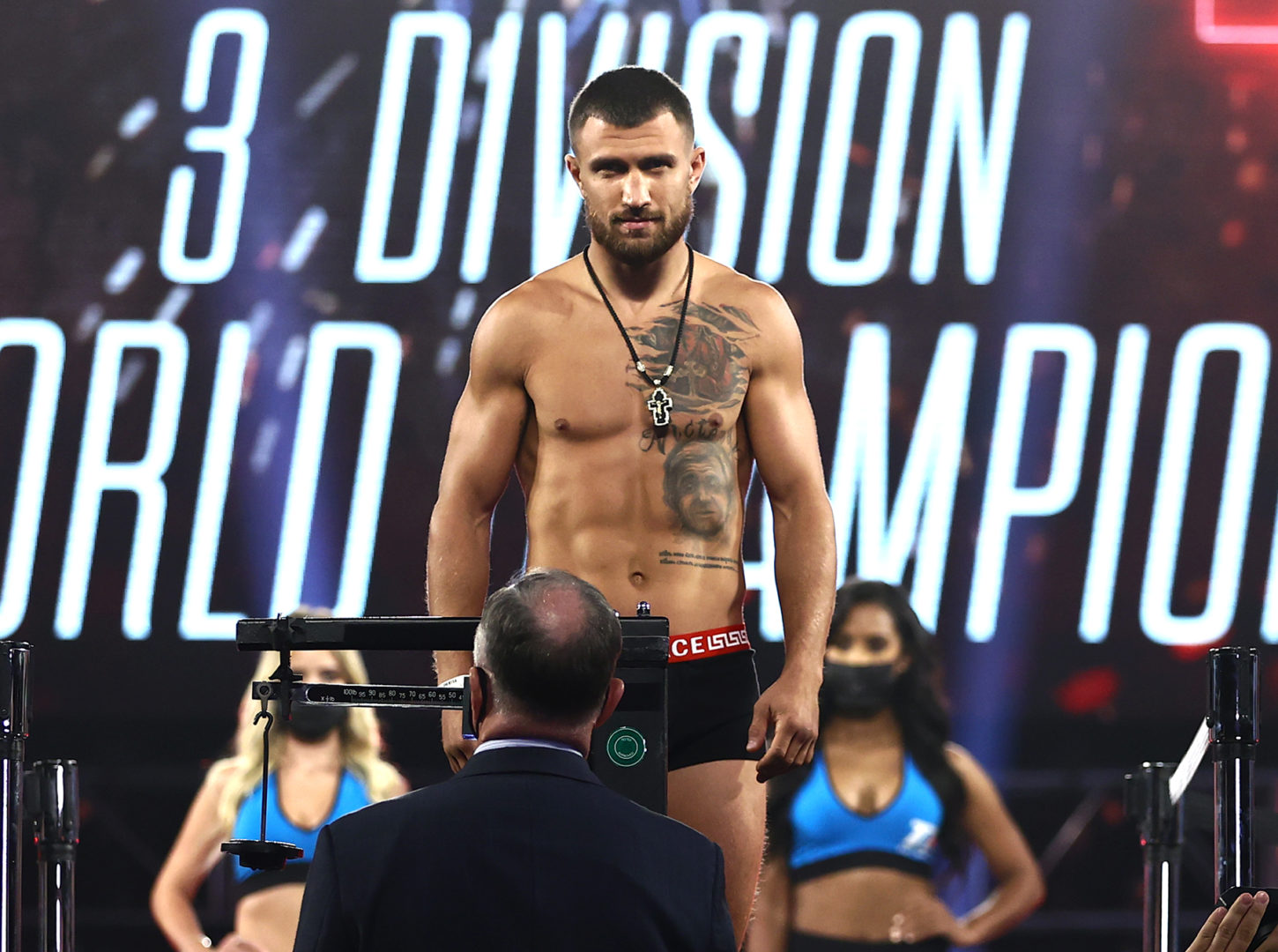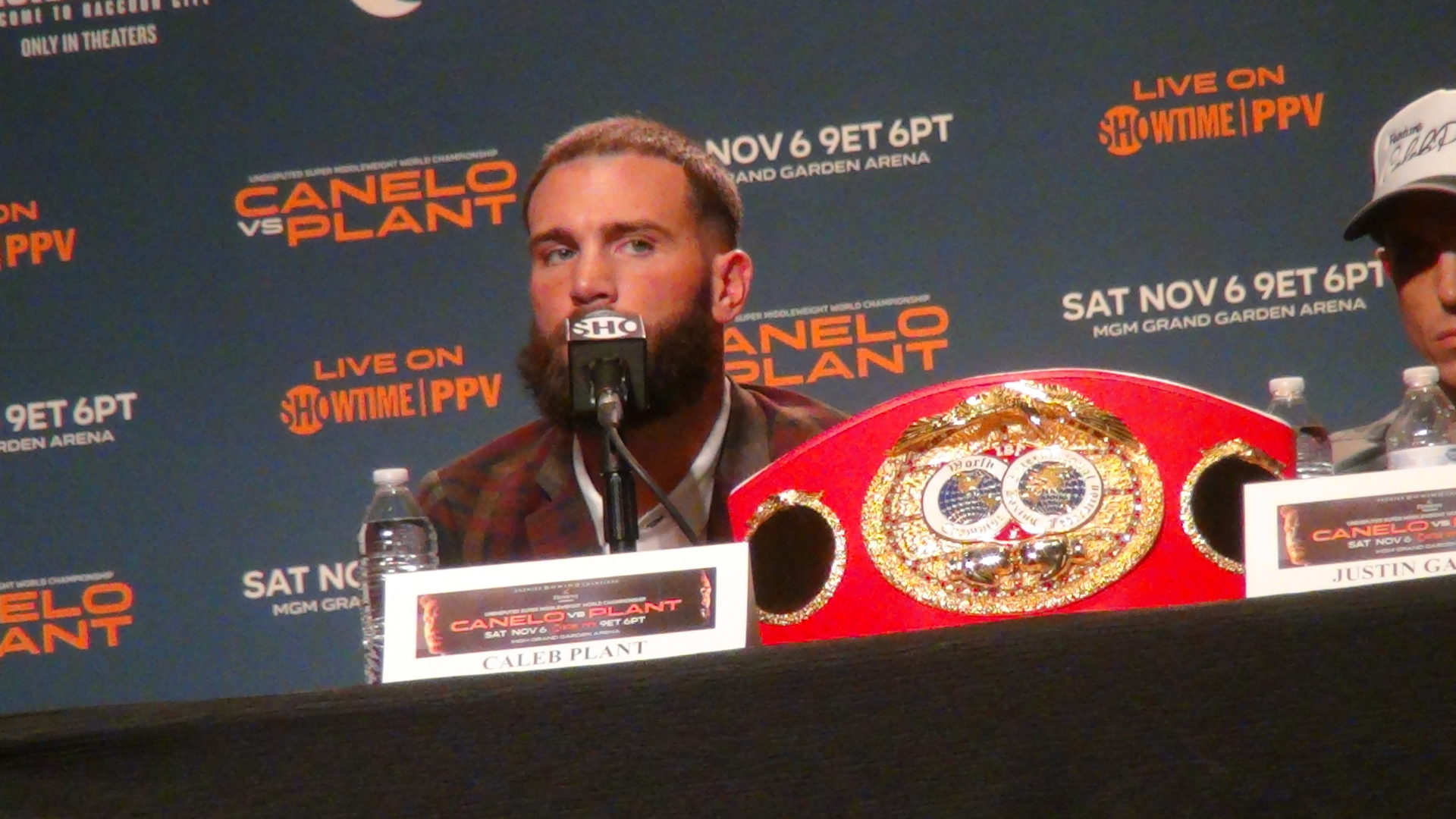By Bart Barry-

I was up before dawn Friday morning to begin the day for 20 minutes before I remembered I was up to watch my first live event on ESPN+, boxing’s newest app: Japan’s Naoya Inoue versus England’s Jamie McDonnell for yet another historic title attempt, this time at bantamweight. Such historic offerings happen no worse than monthly in our sport anymore, though history must record May and ESPN as twice-historic for their two historic broadcasts.
At great risk to my credibility as a surveyor of historic happenings, I must concede I do not recall before seeing McDonnell in a prizefighting ring. Which is to write my first impression of him was indeed a pathetic one. This is troubling because in order for me to certify Inoue as a historic talent I should first see him ply his wares against a competent opponent if not a historic one.
Call it stubbornly unfashionable but an undefeated puncher blasting his way through a boxer titlist in six or fewer punches heralds, for me, great matchmaking much as great punching. Time will tell how wrong I am about Inoue.
The ESPN+ app itself has a pleasantly lowbudget feel to it; my favorite part of Friday’s telecast was when some visionary made the decision to stop promoting upcoming mismatches flummery and simply go to a blank screen with a mainevent start time at the bottom. Would that we had more such honesty; we’ve run through our contingency material and welcome you, dear viewer, to set an alarm and go do something better with your time.
And now, dear writer, you may do the very same . . .
*
I am not a Philip Roth scholar or interested in being mistaken for one. I flatter myself to believe he influenced me during the year or so I read nearly all his works in 2003 or 2004. I later read his later works as they came out, thinking, I’m sure inappropriately, “The Plot Against America” was his worst novel since “Portnoy’s Complaint” (though “Our Gang” was proper dreadful, too) – and nearly every other of the novels he published after 2004, “Everyman” and “Exit Ghost” and “Indignation” and “The Humbling”, were excavation vehicles for incomplete scenes from his masterwork, “Sabbath’s Theater”.
That is the work of Roth I return to and return to for its relentlessness, for its boundless pleasure in offending, for its desecration of everything it encounters. Its arc is a parabola. I’m sure when I first read it, when it was about sex and sex and sex, I didn’t believe a writer could sustain such a pace for 30 pages much less 300 (years later, when I returned to it, I read death and death and death).
Here’s my favorite passage in all American literature, presented without context but deliciously offensive for those familiar with what precedes it:
“It couldn’t have ended otherwise. Final proof that life is perfect. Knows where it’s going every inch of the way. No, human life must not be extinguished. No one could come up with anything like it again.”
There’s not a Zuckerman-narrated novel I didn’t enjoy, though if pressed for a Roth book to rate immediately behind Sabbath, I’d probably choose “Operation Shylock” for its originality. I’m not a Jew or a misogynist or a feminist or whatever other political identify makes one cheer or boo Roth. I enjoyed Roth’s books as an American, and for me he is the quintessential American author of the last 40 years. He began with a tight ethno-religious identity and transcended it, first-person to third-. And that maneuver, first-person to third-, is the technique I enjoy most of his: First-person introduces an informality that permits the narrator later intrude on his story whenever he wishes, however formal its third-person progression.
At his worst Roth is political and screechy, a parody of himself recognized by itself, a product of the idealism of his times – at his worst, he just can’t help himself. The rest and best of the time he is mock heroic; Zuckerman behind drunken Jaga in “The Anatomy Lesson”, Mickey Sabbath as he “passeth the time, pretending to think without punctuation, the way J. Joyce pretended people thought . . .” Serious literature done by a writer whose narrators made you laugh at them.
Where does Roth rate in the canon of literary blah, blah, blah? Who, for heaven’s sake, cares! One should rate what he reads according to what joy it brings him, and to hell with every single other consideration.
Are you able to return to an author’s words and enjoy them more than once? Then you’ve found your version of great literature. Ranking art against itself is an empty, academic game, a game Roth subjected a character to when he wished torture that character a wee bit, like he did, and often, to Coleman Silk in “The Human Stain” – Rage!
Roth went gracefully, not tragically, when his time came. He stopped writing almost a decade before he passed, absolving his obituarists any cookiecutter lamentations about how much more he had to give. He wrote what he had, justified his gifts, and brought joy to his readers. It could have ended otherwise, but thankfully it did not.
*
Thus far in 2018 Showtime and ESPN are the two indispensable networks for aficionados. ESPN+ certainly is not that yet but might become so. Eddie Hearn’s DAZN is not likely to become indispensable this year, but it might. Which makes one premium network glaringly dispensable, does it not?
Bart Barry can be reached via Twitter @bartbarry























